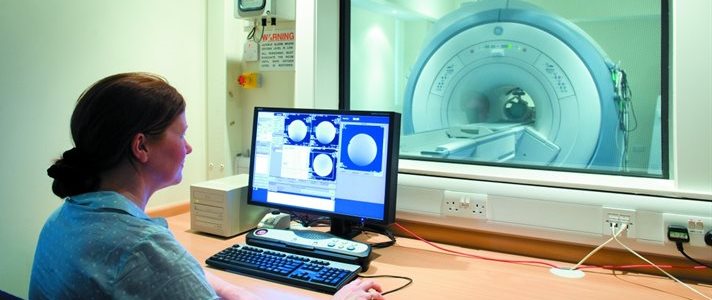
RECOLLECT study (Recovery Colleges Characterisation and Testing)
This projects aims is to find out how Recovery Colleges can provide the most benefit to people to who use mental health services. This will help commissioners decide whether to fund them, managers decide how to run them, and students decide whether to attend.
Duration: January 2017 to January 2018 (Phase 1)
December 2020 to November 2025 (phase 2)
Funder: NIHR
Partners:
King’s College London, University of Nottingham, University of Manchester, South London and Maudsley NHS Foundation Trust, Nottinghamshire Healthcare NHS Foundation Trust, ImROC, Peter Bates Associates
CHILL investigators:
Dr Simon Bishop
RECOLLECT International Advisory Board
This comprises of:
- Cerdic Hall – Camden and Islington NHS Foundation Trust
- David Smelson – University of Massachusetts
- Donal Hoban – Mayo Recovery College
- Hans Kroon – Tilburg University
- Helen Killaspy – University College London
- Larry Davidson – Yale University
- Lisa Brophy – La Trobe University
- Rob Whitley – McGill University
- Sara Meddings – ImROC
- Trude Goril Klevan – University of South-Eastern Norway
- Vicky Stergiopoulos – University of Toronto
- Yuki Miyamoto – University of Tokyo
Research summary
Background:
In England, there are 77 Recovery Colleges that provide a particular kind of adult education. Each course is designed by service users, carers and mental health staff, and classes are attended by a similar mix of people. Colleges aim to support service users to manage their condition and live a full life. In a previous study called RECOLLECT 1, we collected evidence from managers at 39 Recovery Colleges and from students and other staff at three Recovery Colleges. We measured Recovery Colleges against a quality standard; compared students who use Trust services with Trust service users as a whole; and recorded what students experience at Recovery Colleges and how they benefit from them. Now we want to test whether students at Recovery Colleges with a higher quality standard experience more benefit than those at other Recovery Colleges; whether Recovery Colleges provide value for money compared to just using other Trust services; and what influences they have on Trust staff, services and their local communities.
Design and methods:
We will collect evidence through: A written survey of Recovery Colleges in England about how they are organised and funded. We will also interview managers, trainers and students at six recovery colleges to explore how the College is organised and how they think this might influence its effectiveness. Selecting 25 colleges that represent all 77. At each of these Colleges, we will engage 25 of their new students in our research. We will ask them to fill out a questionnaire as they register with the College, and again after 4, 8, and 12 months. Comparing samples of Recovery College students with similar mental health service users who do not attend the Recovery College. This will show whether Recovery College students experience additional benefits or make less use of mental health services. Public Involvement We have worked for the past three years with a Lived Experience Advisory Panel (LEAP), who will meet quarterly throughout our study. Members will: help to select the best questionnaires to use; co-design information for students; have the option of interviewing and making sense of data alongside the study team; and assist with publicising the findings.
Dissemination:
We will publicise findings through: The final report to NIHR Recovery Colleges International Recovery College Community of Practice Events to share findings with Commissioners and Trust managers. Service user, carer, professional and research networks Academic journals, practitioner journals, and conference presentations.



